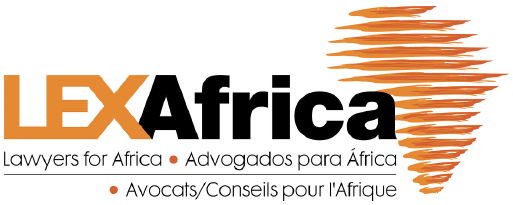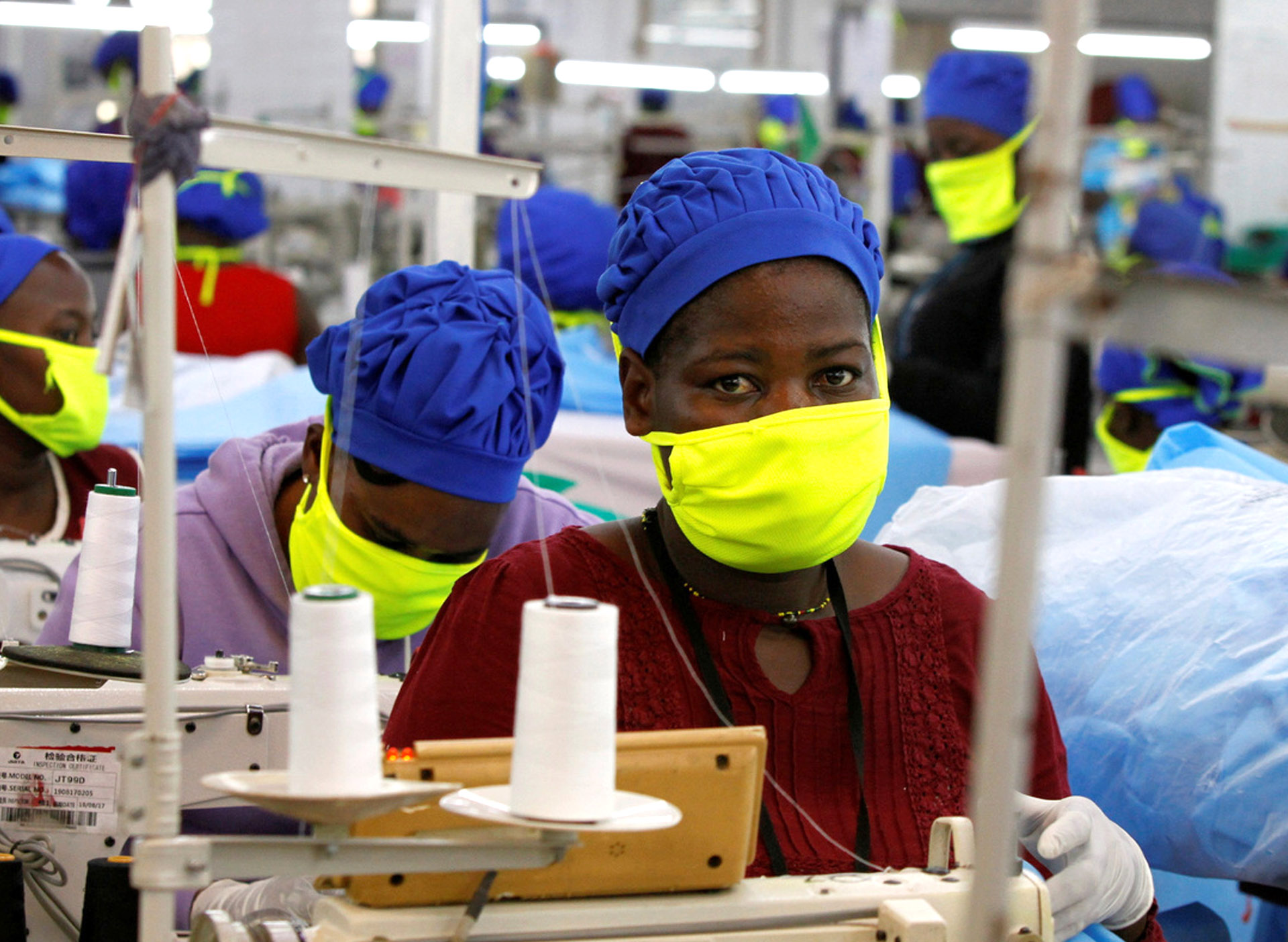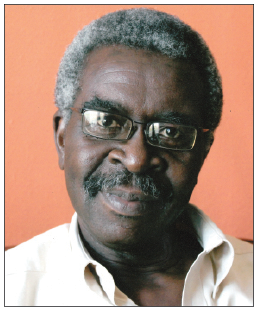 By Tewodros Meheret, Gets Law Office
By Tewodros Meheret, Gets Law Office
Tewodros Meheret, a senior lawyer at LEX Africa Ethiopian member, GETS Law Offices, and outgoing president of the Ethiopian Bar Association, made an opening address at the East African International Arbitration Conference (EAIAC) in Addis Ababa recently.
Arbitration, he told the delegates, is perceived as one of the alternative solutions to congestion in the court system and consequent delays in delivering justice. The success of arbitration is a function of several components, such as an enabling legal framework, qualified and dependable human resources and the institutional support needed to make it functional.
“Regrettably, Ethiopia does not currently have any of those components for the effective utilisation of arbitration or other forms of alternative dispute resolution,” said Meheret. “Disputes are inevitable and the state has an obligation to provide an efficient and credible forum for dispute resolution while lawyers have professional obligations in helping their clients to choose the most appropriate means of resolving differences.”
He went on to explain that in Ethiopia, the legal framework, which is mainly incorporated in the Civil and Civil Procedures Codes, has not been modernised and does not create an enabling legal infrastructure to make alternative dispute resolution effective. Currently, several questions are outstanding starting from deciding on the appropriate code or legislation to incorporate a new dispute resolution law to specific issues relating to, for instance, finality and binding effect of an award.
 He also advised that a dispute resolution mechanism should take into account not only local needs but the needs and aspirations of foreign investors as well as regional integration and standards. “The proposals to reform the law have not yet become a reality although several draft laws were drawn up,” he said. “Contributions and advice from foreign colleagues adds value to the continuing reform effort, which is expected to address dispute resolution mechanisms.”
He also advised that a dispute resolution mechanism should take into account not only local needs but the needs and aspirations of foreign investors as well as regional integration and standards. “The proposals to reform the law have not yet become a reality although several draft laws were drawn up,” he said. “Contributions and advice from foreign colleagues adds value to the continuing reform effort, which is expected to address dispute resolution mechanisms.”
Meheret advised that another challenge is the lack of existing skills, experience and resources. Many senior lawyers who are appointed as arbitrators have no formal training in the field.
Another issue is that arbitration clauses are often not included in contracts which are amenable to arbitration taking into account the relationship of the parties and nature of the transaction. Even when arbitration is mentioned, the necessary elements of an effective arbitration clause may be omitted. If the provision is not drafted meticulously, it can itself become a ground for dispute rather than a remedy to the problem. Notwithstanding the delays and congested court rolls, businesses continue to lodge claims with the courts. One may speculate whether doing so is the best business option available. Further study needs to be undertaken on the efficiency of alternative dispute resolution in general and arbitration in particular in Ethiopia.
The courts support arbitration and we have become rather dependent on this. The assistance not only calls for execution and enforcement of the arbitral award but also with regard to the initiation of the arbitration process itself. It is quite common that a party becomes compelled to seek the assistance of the court due to the reluctance of the other party to appoint or cooperate in the appointment of an arbitrator.
A single arbitration institution linked to the Addis Ababa Chamber of Commerce strives to provide a forum for those who prefer institutional arbitration although there have been a few instances where an arbitration clause is stipulated in a contract but has not been fully relied on by the parties to the dispute.
LEX Africa is an alliance of law firms with over 600 lawyers in 24 African countries formed in 1993. More information may be found on www.lexafrica.com.

T: (251) 911601079

























